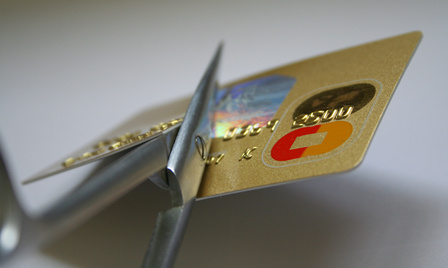Many successful claims have been made against creditors in relation to Payment Protection Insurance (PPI), where the borrower has been miss-sold a PPI policy and many such borrowers have received compensation from the offending creditors. In the context of a borrower entering into an Individual Voluntary Arrangement (IVA) where one or more lenders provided PPI in the past, the debtor may make a claim for compensation against any creditor who miss-sold such a policy.
Should the borrower have a PPI compensation claim in place prior to entering into an IVA, any compensation paid while the IVA is up and running will be treated as a windfall and any monies received have to be paid into the IVA for the benefit of creditors, although the terms and conditions of the IVA proposal may allow for the creditor who is paying the compensation, to offset the payment against any debt due to that creditor. Any surplus left over would have to be paid into the IVA for the benefit of the other creditors.

If the debtor makes the claim for PPI compensation after the IVA has commenced, any compensation paid would be treated in a similar manner. It is entirely the decision of the debtor whether to make any such claim during the life of the IVA. Indeed the debtor could defer making the claim until the IVA was completed, at which time the debtor could retain any award without being obliged to pay any creditors, since all debts would be written off at that stage. However, the debtor would have to consider the possibility that the right to make a claim could lapse, due to the Statute of Limitations.
The treatment of PPI compensation claims, based on miss-selling of the policies, gives rise to considerable debate, as to whether all creditors are treated equally and fairly when the monies from a successful claim are distributed. To allow the ‘miss-selling’ creditor to offset the compensation against the debt before treating the available balance as a windfall for the benefit of all creditors seems to be the standard approach and the least unfair practice. On the other hand, the supervisor of the IVA stands to gain by encouraging the debtor to pursue the PPI compensation claim, where the supervisor’s fees are based on realisations in the IVA. The decision to proceed with the claim rests with the debtor and it would not be surprising if a debtor in this situation resisted such encouragement (to pursue the claim) until the IVA had run its course in the expectation of being able to retain the full amount of compensation paid, when creditors would have lost all rights to a share in the proceeds.